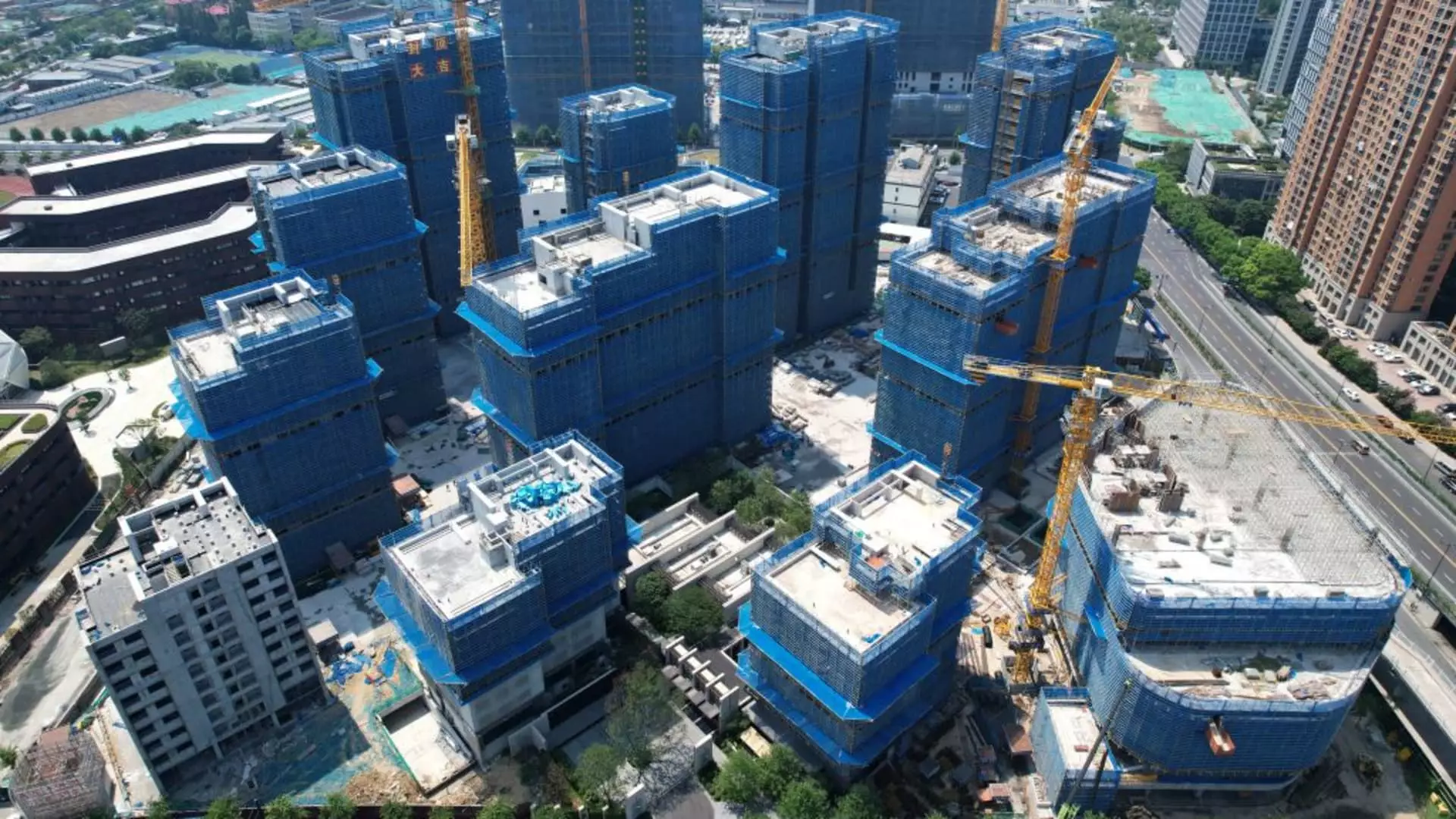The recent findings of the Milken Institute’s best performing cities China index have shed light on the significant impact of China’s property struggles and U.S. sanctions on its cities. Hangzhou, the capital of the eastern Zhejiang province and home to tech giants like Alibaba, emerged as the top-ranking city in the latest index. The city’s success can be attributed to its growth as a hub for e-commerce, manufacturing, and finance.
On the flip side, cities like Zhuhai, which was once considered a “rising star,” have experienced a decline in their rankings due to the slump in the real estate sector. Builders faced financial challenges as the demand for houses plummeted, leading to a drop in the city’s ranking by 32 places. Similarly, Dongguan, known for being the city of factories and home to Huawei’s sprawling campus, suffered a setback due to U.S. sanctions. These external factors have had a significant impact on the economic growth of these cities.
While some cities faced challenges, others like Shenzhen and Wuhan experienced a surge in their rankings. Shenzhen, known for being a tech hub, climbed up to the 9th position, closely behind Beijing. On the other hand, Wuhan, which played a critical role in keeping factories running during the pandemic, jumped nearly 30 places to secure the second spot in the index. This growth can be attributed to the city’s resilience and quick rebound from the economic disruptions caused by the pandemic.
Cities like Zhengzhou and Hefei faced challenges as they dropped in the rankings due to geopolitical factors and economic pressures. Zhengzhou, home to iPhone manufacturer Foxconn, fell from 3rd to 22nd place, highlighting the impact of external pressures on its economic performance. Hefei, on the other hand, remained among the top-ten cities, thanks to direct government support for technological development. These contrasting scenarios reflect the complex challenges faced by cities in China’s rapidly evolving economic landscape.
As China continues to grapple with property struggles and external pressures like U.S. sanctions, the future remains uncertain for many of its cities. While some, like Hangzhou and Shenzhen, have shown resilience and growth potential, others have faced setbacks that have impacted their economic vibrancy. Moving forward, it is crucial for policymakers and city leaders to navigate these challenges effectively and leverage their strengths to ensure sustainable growth and development in the face of evolving global dynamics.

